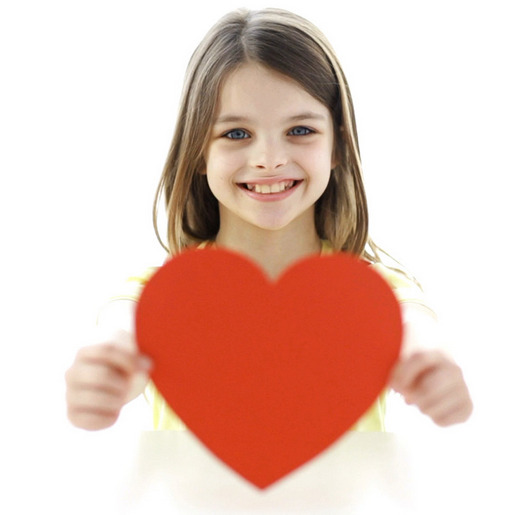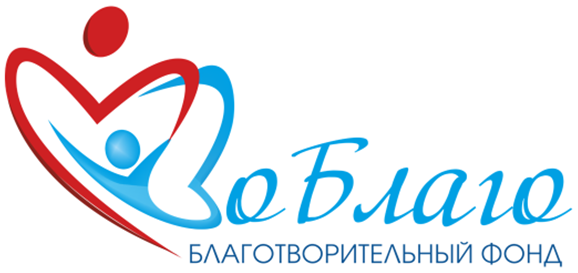Child with ICP
 From the moment the child’s medical record shows a diagnosis of cerebral palsy, his relatives do not leave the feeling of fear, grief and doom, because in their understanding, such a diagnosis means helplessness and isolation from normal full-fledged life.
From the moment the child’s medical record shows a diagnosis of cerebral palsy, his relatives do not leave the feeling of fear, grief and doom, because in their understanding, such a diagnosis means helplessness and isolation from normal full-fledged life.
Cerebral palsy or cerebral palsy is a complex of disorders that affect a person’s ability to move, maintain balance and posture. The word “cerebral” indicates a condition affecting the brain, and “paralysis” means “weakness”, difficulty controlling the muscles.
Cerebral palsy develops due to a violation of the normal development of the Central nervous system or damage to the brain, which affects the ability to control your muscles. The manifestations of the disease are diverse, and correspond to the severity of the condition of a child with cerebral palsy: from the need for outside help throughout life, to the ability to walk using special means, or even completely independently.
Cerebral palsy (cerebral palsy) does not progress over time, however, individual symptoms may change over the course of life: if you do not treat a child with cerebral palsy.
In all cases, cerebral palsy (cerebral palsy) is manifested by motor disorders. Many also develop concomitant pathological conditions: convulsions, problems with hearing, vision, speech, mental retardation, etc. Cerebral palsy (cerebral palsy) is one of the most common causes of disability in childhood: the spread in Belarus and Europe is 2-3 per 1000 live newborns, and among deeply premature children reaches 40-100 per 1000 live newborns.
Our Foundation was created to provide various assistance to children with cerebral palsy. Starting from the purchase of auxiliary means for organizing the life of such a child, strollers for movement, verticalizers, etc., providing targeted assistance for treatment and rehabilitation, to various social projects aimed at socialization and integration of children with cerebral palsy in society.
